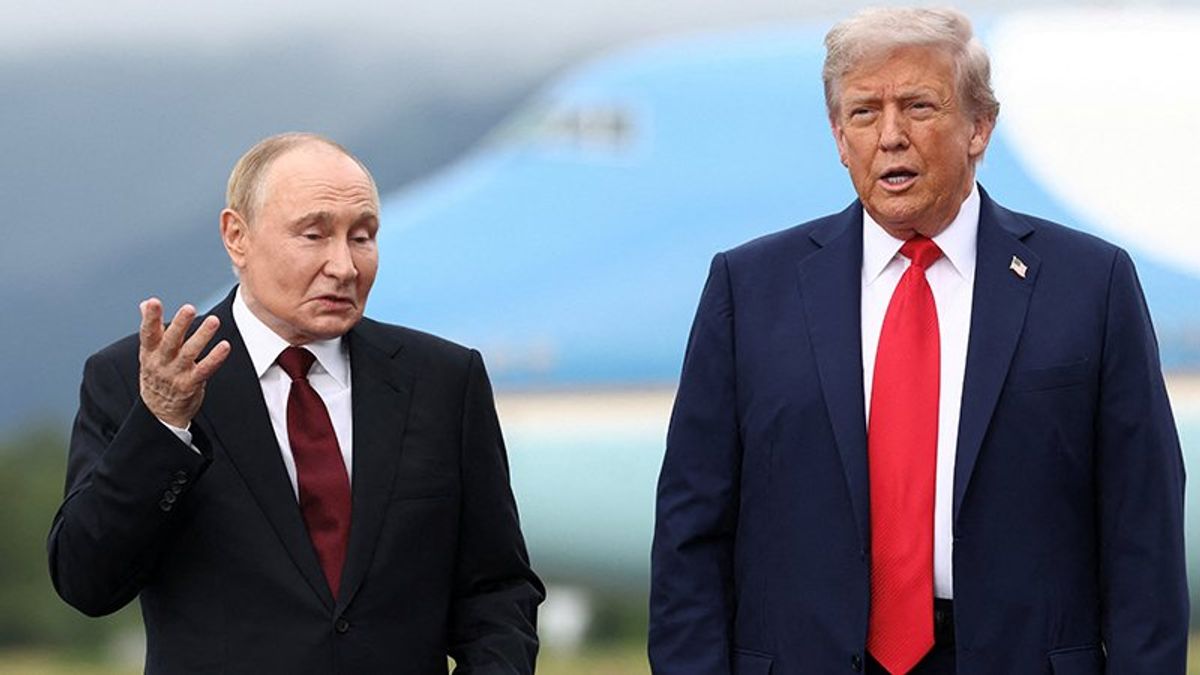
European leaders were previously hopeful that the summit in Alaska between President Donald Trump and Russia's Vladimir Putin might yield some real progress toward ending the Russian invasion of Ukraine, The Atlantic reported on Thursday — but now they're left confused about what happened and whether any agreements were struck.
The meeting, in which Trump's envoy Steve Witkoff also played a prominent role, already stirred controversy at home, due to the submissive posture of Trump throughout the affair.
In the aftermath of that meeting, reported Vivian Salama and Jonathan Lemire, "Russia has barely budged from its long-held positions on Ukraine. Putin and [Ukrainian President Volodymyr] Zelensky have not agreed to the joint meeting promised by Trump. The fighting does not seem closer to a conclusion; today, Russia struck Kyiv with a barrage of missiles and drones, killing at least 15 people, including children. Instead, European officials say they’ve grown mystified by what exactly Putin promised the Americans behind closed doors, what U.S. officials took away from their discussions with Moscow, and where that leaves the effort to achieve peace."
One European official simply told The Atlantic, “There’s mostly confusion at this point. It’s not clear what Putin told Witkoff or Trump or if they understood him properly. It’s a puzzle that we’re all trying to solve.”
"According to two U.S. and three European officials who were briefed on the conversation, Putin told Witkoff that Russia would require 'de jure' recognition — official recognition under international law — of Russian control over two territories that are currently within the internationally recognized borders of Ukraine: the Crimean peninsula, which Russia has occupied since 2014, and Donbas, the region in eastern Ukraine that has been contested for more than a decade but is now largely occupied by Russia," said the report. In return, Putin pledged to back down legal claims to the Zaporizhzhia and Kherson territories.
What confused European leaders, however, was the fact that Putin didn't make an explicit commitment to withdraw Russian troops from even those areas, said the report: "They made calls to their American counterparts and warned that if Russia wasn’t required to withdraw from Ukrainian territory, it would almost certainly launch more attacks when the opportunity arises."
Trump has grown frustrated with Putin in recent months despite years of public sympathy toward him, losing faith the Russian leader has any interest in real peace, but came out of the meeting seemingly with less of a hardline stance against Russia.




